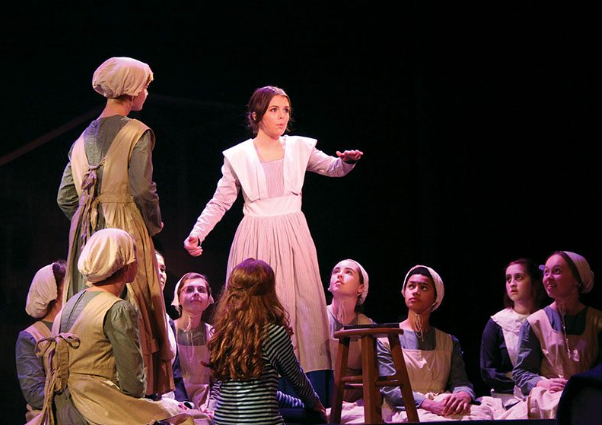The Role of Music in Jane Eyre
In Charlotte Brontë’s “Jane Eyre,” music serves more than just an artistic function; it becomes a vital expression of emotion and character development. This exploration of music’s role in the novel reveals how it shapes relationships, conveys inner turmoil, and underscores the themes of love and yearning. Understanding this aspect of the story enhances the reader’s experience and deepens their appreciation for Brontë’s craftsmanship.
Music as a Reflection of Emotion
Throughout “Jane Eyre,” music often mirrors the emotional states of the characters. For instance, Jane’s singing at the piano symbolizes her inner thoughts and feelings, acting as a form of expression when words might fail her. During pivotal scenes, such as her interactions with Mr. Rochester, music amplifies the tension and longing between them. Brontë uses music not only as a tool for character development but also as a medium to communicate underlying emotions, giving readers insights into the characters’ psyches that dialogue alone may not convey.
The Influence of Music on Relationships
The relationships in “Jane Eyre” are profoundly influenced by music, serving as a bridge between characters. Jane and Mr. Rochester’s shared enjoyment of music fosters a deeper connection, allowing them to communicate unspoken feelings. Music creates a space for vulnerability and intimacy, enhancing their bond. Additionally, other characters, like Adele, use music to establish their identity and gain acceptance. In this way, music facilitates interaction and understanding among characters, illustrating its power to connect people on a fundamental level.
Music as a Symbol of Freedom and Identity
In “Jane Eyre,” music functions as a powerful symbol of freedom and self-identity. For Jane, who often grapples with her societal position and personal struggles, music becomes a form of liberation. When she plays or sings, she momentarily escapes her hardships, asserting her individuality in a world that often tries to stifle her spirit. This theme resonates throughout the novel, emphasizing the importance of self-expression and the pursuit of personal freedom. Brontë cleverly weaves music into the narrative to highlight these themes, encouraging readers to reflect on the broader implications of self-identity and societal constraints.
In conclusion, the role of music in “Jane Eyre” enriches the narrative and provides profound insights into the characters and their relationships. By exploring how music reflects emotion, influences connections, and symbolizes freedom, readers can gain a greater understanding of Brontë’s themes and the complexity of her characters. To delve deeper into this fascinating aspect of the novel, consider revisiting the text or exploring scholarly articles that analyze music’s multifaceted role in “Jane Eyre.”
